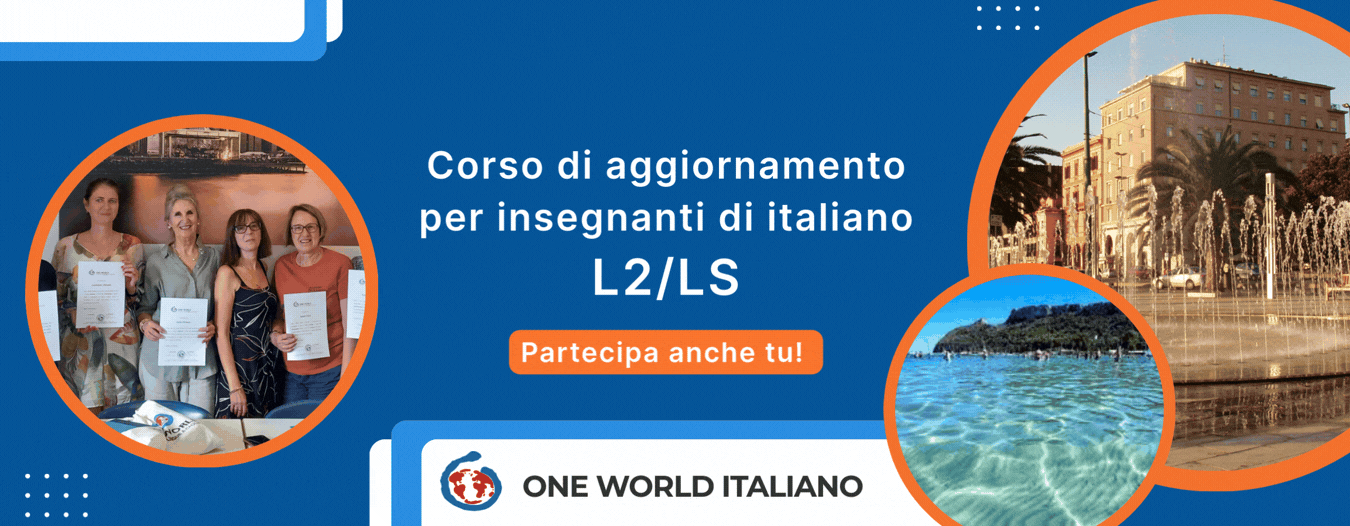Adverbs and simple and articulated prepositions
Song in Italian: Lunapop – 50 Special With this song you can practice using adverbs and prepositions (simple and articulated). See also: Italian Articulated Prepositions Exercise Trailer in italiano: Into The Wild (Nelle terre selvagge) Italian Prepositions Serie TV: The Big Bang Theory Adverbs and Time Expressions Multiple choice exercise
Read more

